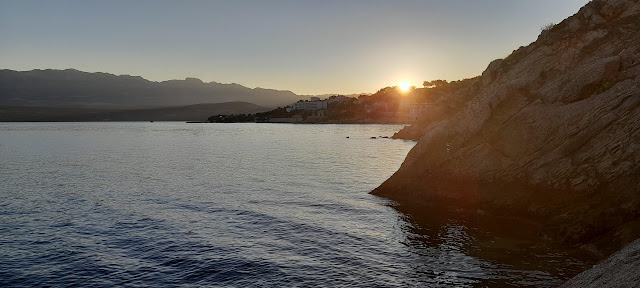In today's rapidly advancing world, the demand for a continuous energy supply is more pressing than ever, fueled by global population growth, industrial expansion, and technological advancements. This escalating demand poses a significant challenge, stirring a robust debate among energy professionals and industry watchers about whether renewable energy sources can meet this need.
Croatia appears to be the only country in the European Union that is directly hindering the green transition. Despite its enormous potential for developing renewable energy sources, it will ultimately face penalties for failing to meet European and its goals.
The shift toward renewable energy sources offers profound environmental benefits. For instance, switching to an Energy-Star water heater is equivalent to the impact of not driving a car for four years. This approach substantially reduces water usage and greenhouse gas emissions compared to traditional fossil fuels.
Beyond environmental gains, renewable energy presents substantial economic advantages. It includes creating jobs in the fast-growing green technology sector, energy price stability due to the reduced costs of wind and solar power over time, and decreased dependence on imported fuels.
The societal impacts of increasing renewable energy usage are equally compelling, ranging from health benefits due to less air pollution to promoting energy equity and accessibility. It ensures clean, reliable energy is available to more communities worldwide.
Critics point to intermittency and storage, while proponents highlight recent technological advancements and successes in integrating these sources into the grid. This discourse is pivotal as people navigate toward sustainable energy solutions that can support their future without compromising reliability.
As an independent regulatory body in Croatia, HERA has failed, for over a year and a half past the deadline, to issue a Decision on the amount of the unit fee for connecting to the grid, jeopardizing the achievement of Croatia’s and the EU’s strategic energy transition goals and preventing over 2 billion euros of investment in renewable energy projects.
HERA is accountable to the Croatian Parliament, and MPs, especially the Chairman of the Economic Committee, must oversee HERA’s work and can request the issuance of this disputed Decision. The development of renewable energy sources is crucial for Croatia’s progress, for improving the standard of living of its citizens, and for enhancing the country’s competitiveness.
Croatia must increase its share of energy from renewable sources to meet the targets of the European Parliament and Council Directive (RED III) and the Integrated National Energy and Climate Plan (NECP), which oblige us to ensure that by 2030, at least 42.5% of final gross energy consumption comes from renewable sources. Croatia will only reach this target if HERA promptly issues the Decision on the unit fee for the connection.
Energy professionals must engage with the latest developments in renewable energy to contribute their expertise and innovation to fuel its growth. Their support for policies and practices that favor renewable energy expansion steers the global community toward a more sustainable and resilient energy future. To recap, HERA was required to issue the Decision on the amount of the unit fee no later than December 15, 2022. However, nineteen months later, Croatia still does not have a known connection fee to the electricity grid. Without knowing the connection fee, the development of new RES projects is halted because, without knowing the connection costs, investors cannot plan investments or secure project financing.




No comments:
Post a Comment